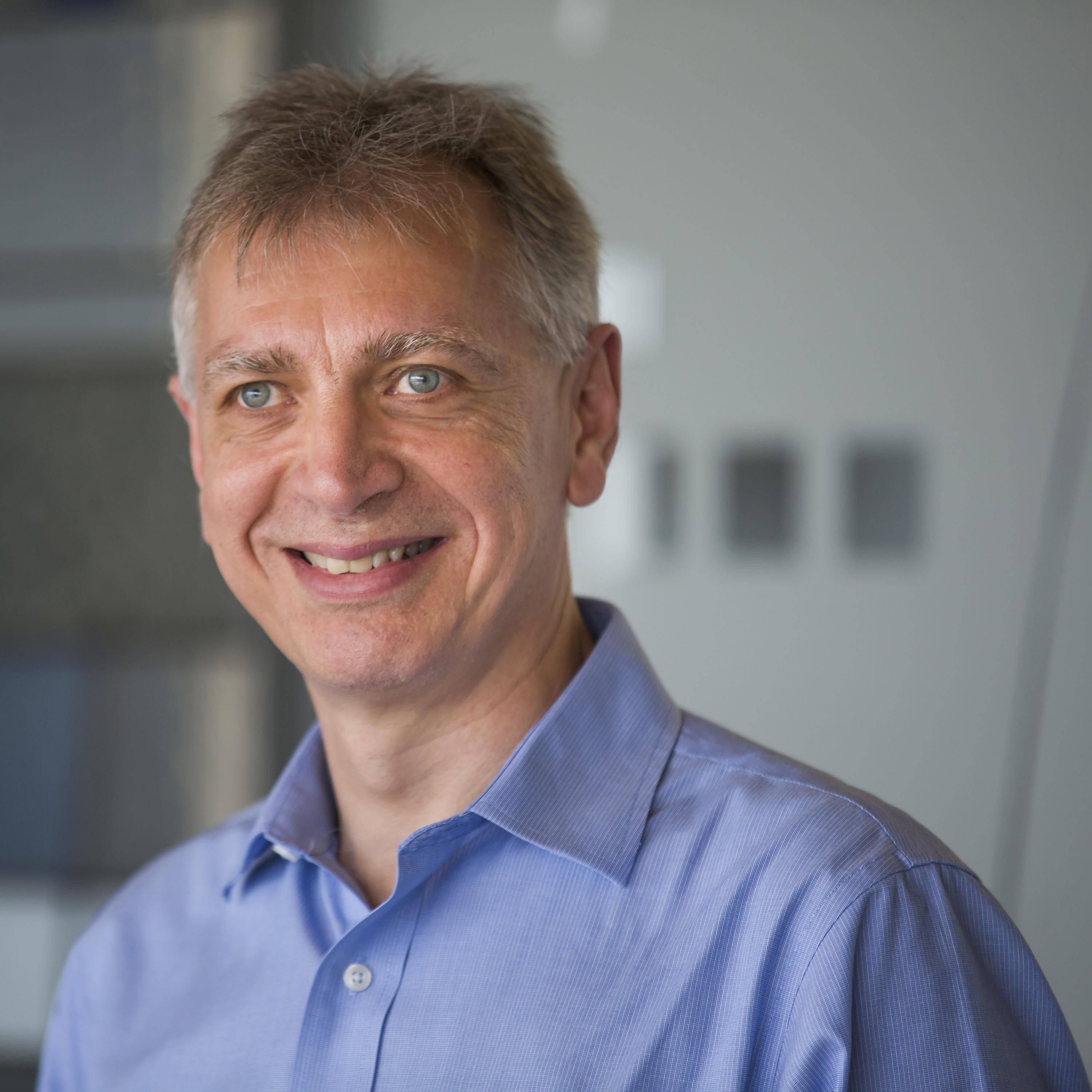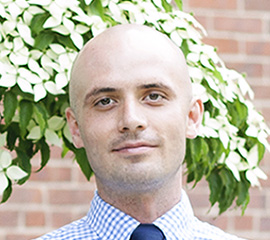Two professors at the Georgia Institute of Technology have each been awarded Civic Innovation Challenge Stage 1 grants from the National Science Foundation (NSF) to further their research in bringing solutions to community problems.
The $50,000 grants, which in addition to the NSF, are funded by the U.S. Department of Energy and the U.S. Department of Homeland Security. They were awarded in conjunction with the MetroLab Network, a global consortium that includes 28 cities, 6 counties, and 35 universities — including Georgia Tech, a founding member — focused on civic research and innovation.
The two Tech recipients are Pascal Van Hentenryck, the A. Russell Chandler III Chair and Professor in the H. Milton Stewart School of Industrial and Systems Engineering (ISyE) and Allen Hyde, assistant professor of sociology at the School of History and Sociology in the Ivan Allen College of Liberal Arts.
Both researchers’ projects are part of Georgia Tech’s Smart Cities and Inclusive Innovation program, which aims to develop innovative approaches to help build resilient and sustainable communities.
“This is an important recognition for our researchers and how Georgia Tech is a leader in incorporating innovation in solving community-level challenges,” said Debra Lam, Smart Cities and Inclusive Innovation executive director. “To have two of our projects awarded grants in the two competition categories — communities and mobility, and resilience to natural disasters, underscores the work we are doing has real-world potential to bring quality solutions to some of our most pressing community issues.”
Pascal Van Hentenryck is the A. Russell Chandler III Chair and professor in the H. Milton Stewart School of Industrial and Systems Engineering at Georgia Tech.
Van Hentenryck, who also is associate chair for innovation and entrepreneurship at Georgia Tech, leads the Social Aware Mobility project. Its goal is to increase usage of mass transit systems in metro areas such as Atlanta, by focusing on solutions at the biggest pain points for transit users: the portion of the trips to and from transit stations.
“Transit is very important and giving people greater mobility options is critical for access to job centers and health care,” Van Hentenryck said, explaining the grant will be used to fund the implementation of pilot studies in Gwinnett County and the city of Smyrna.
“Gwinnett County has a very good transit system but it’s also a very large area to cover. The Social Aware Mobility effort is looking at bringing two solutions to the transit challenge,” he said, adding his team’s findings could have broader implications for mass transit systems and planning globally. “The first is getting people to the buses and trains, which have fixed routes, through service options like on-demand shuttles that address the first-leg and last-leg portions of trips.”
Those on-demand shuttles would be flexible both in time and availability and in routes to complement mass transit systems that have fixed routes and schedules. That flexibility would also allow for synchronization of legacy transit systems with those on-demand service options.
The second focus of the Social Aware Mobility project is the development of dynamic pricing algorithms and the implementation of a network of dedicated bus lanes for mass transit commuters. The idea is that those lanes would not be congested at peak travel times — morning and evening rush hour, for example — to keep mass transit as a viable and desirable option to idling in cars on traffic-choked roadways.
Allen Hyde is an assistant professor of sociology at the School of History and Sociology in the Ivan Allen College of Liberal Arts at Georgia Tech.
Hyde, the sociology professor and other grant recipient, is focused on studying the social and physical vulnerabilities of coastal communities — in this case, Savannah, Georgia — and how environmental disasters, such as flooding and hurricanes, affect those communities’ ability to rebound and be resilient.
But a community’s ability to rebound also depends on local policies and practices and implementation, Hyde said. And in historically marginalized communities, such as Savannah’s Hudson Hill area, a working class, predominantly Black neighborhood, there may not be adequate resources to help them recover fully. Hudson Hill is adjacent to the Savannah ports and historically has had environmental concerns related to port activity, challenges with public infrastructure and healthcare, and a lack of job opportunities, which exacerbate the effects of disasters.
“When we think about resilience, whether it’s after a disaster or another event, a lot of the discussion is framed around telling people to just be more resilient,” Hyde said. “But when we think about historically marginalized communities, we’re not often considering what it is that they feel that they need to be resilient to, what does resilience look like for them in their terms, and do they want to return to the way things were?” The researchers intend to use a community-based participatory research model to engage residents as local knowledge experts and co-producers of data and solutions to answer some of these questions.
The discussion around resiliency is often framed as people and communities affected by a disaster returning to a pre-disaster state. “But these communities may not want to return to where things were before,” Hyde said. “They may want to bounce forward into a more thriving, instead of surviving, status.”
To study what that could in terms of means and develop solutions in Savannah, Hyde and his team are working with the Harambee House, a non-profit environmental justice organization, and the city of Savannah’s Office of Sustainability. In addition, Hyde’s Georgia Tech research team is working jointly with researchers at Savannah State University.
“We’re working to understand what resilience and vulnerability to disasters means for residents in historically marginalized communities. We also hope to understand how we can further develop social networks because we believe these communities are already resilient, but networks can enhance the resilience that already exists there,” Hyde said. The teams’ research model and developing tailored solutions to the Hudson Hill community may have applications in other areas across the country that have their own unique sets of challenges to disasters, including towns on the U.S.-Mexico border and Native American communities.
“Here on the Georgia coast, people do care about hurricanes and about flooding,” Hyde said. “But you can’t just think about disasters in isolation without the context. From a community standpoint, you have to think about the historical challenges that these communities face. You really have to think about the bigger picture. Further, residents should be treated as local knowledge experts, and their voices should be heard and valued in planning before and after disasters.”

